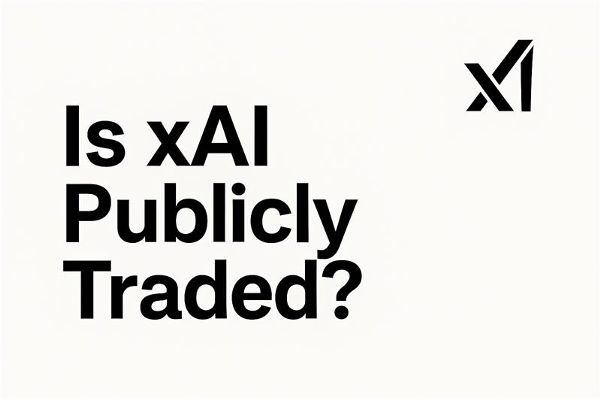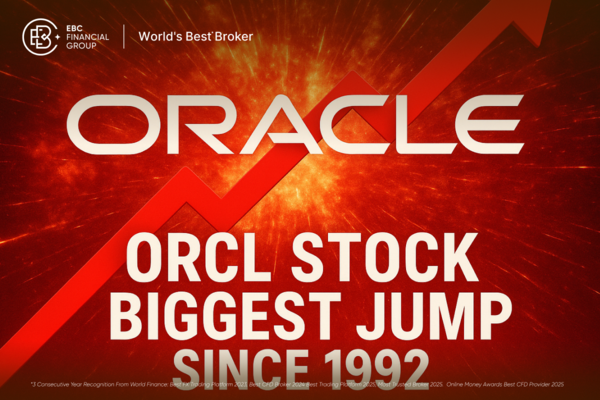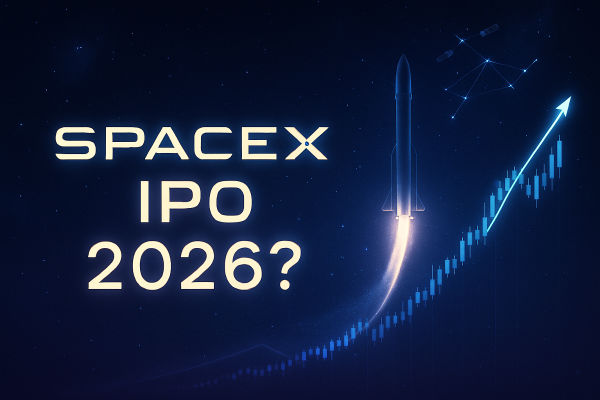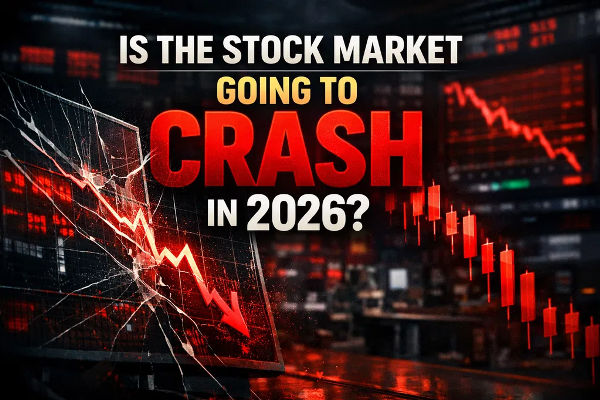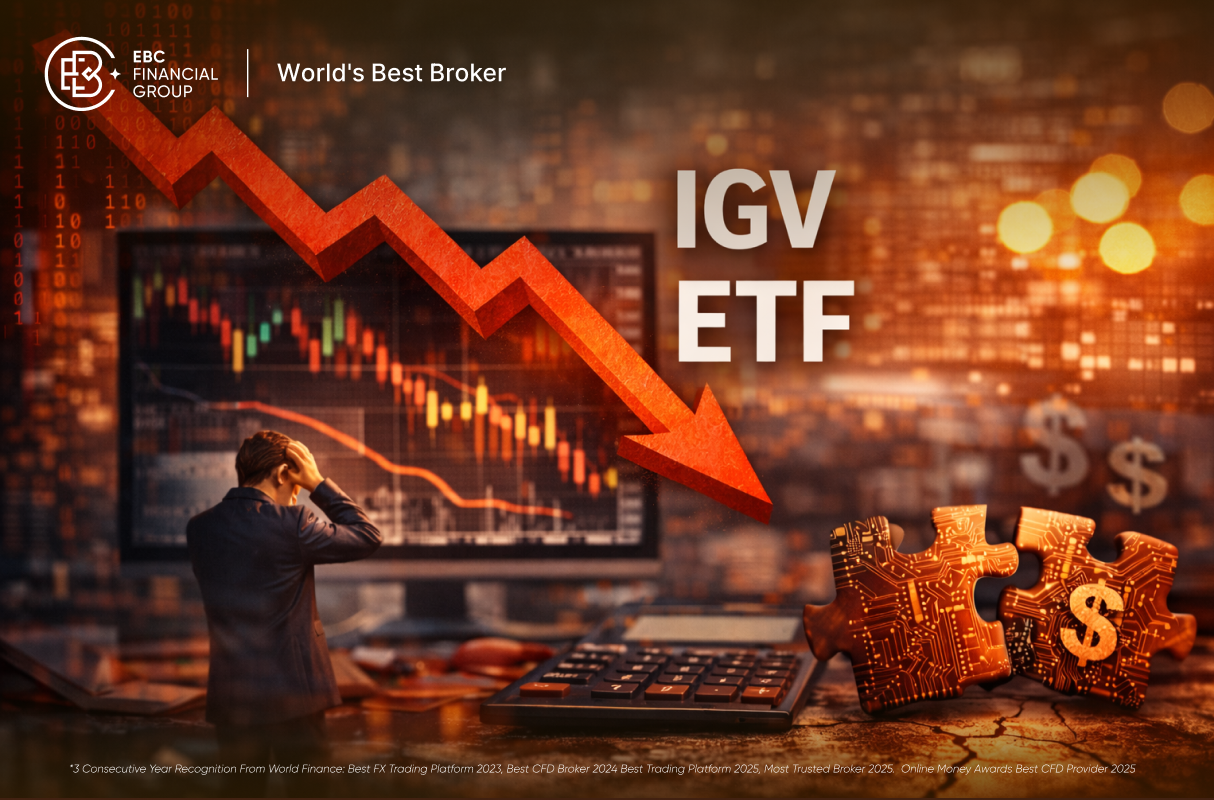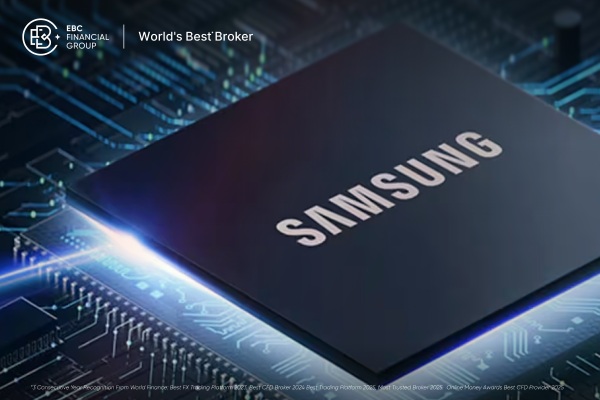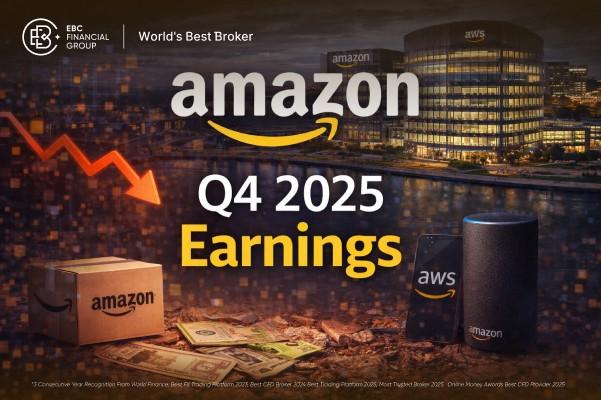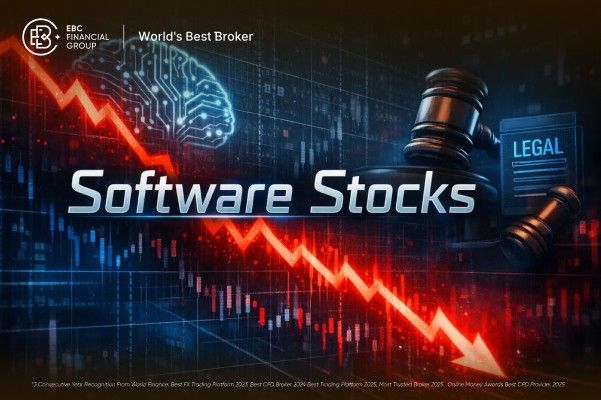Elon Musk's xAI has quickly become a lightning rod for AI investment. Launched in March 2023, the company merged with Musk's social media platform X earlier this year, combining enormous AI ambition with a vast user base.
Yet, despite headlines proclaiming its $80 billion valuation, xAI remains firmly in private ownership. For individual investors asking, is xAI publicly traded?—the answer remains a definitive no.
This article will explain xAI's current ownership structure, private-market valuations, strategic trajectory, and the signals most likely to precede a public listing.
xAI Funding History and Strategic Milestones
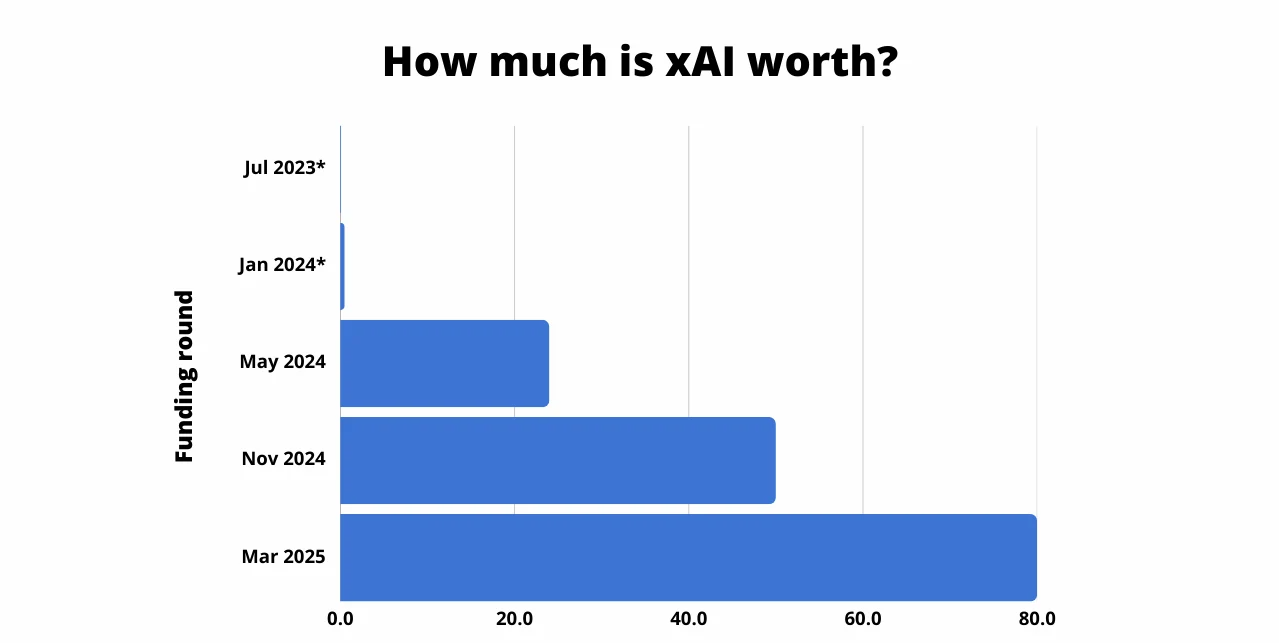
Since its establishment in 2023, xAI has secured over $12 billion through multiple funding rounds. A landmark Series B in May 2024 attracted $6 billion and valued the company at $24 billion, followed by a late 2024 round securing another $6 billion with a $50 billion valuation.
The pivotal moment occurred in March 2025, when xAI combined with X in a stock-only transaction, valuing xAI independently at $80 billion. That same deal assigned X a $33 billion valuation, incorporated into the newly established X.AI Holdings Corp, which is now valued at $113 billion.
Strategically, the deal fused xAI's infrastructure and X's real-time data streams—key inputs for training Grok and other AI models.
Is xAI Publicly Traded? No Ticker, No Trading
Despite its scale, xAI is still entirely private. It has no ticker on Nasdaq or the NYSE and no share price. Its closest equivalent—a "Forge price" on private exchange platforms—currently sits near $39.69 per share, implying a company-wide valuation of roughly $50 billion as of June 23, 2025.
While this offers a clue to its market value, these prices reflect limited trading volumes, high minimum investment thresholds, and opaque secondary market dynamics. Institutional and accredited investors can buy or sell shares only through specialised platforms which retail investors do not have access to.
Why xAI Isn't Public Yet and What Might Change

Several strategic factors explain why xAI remains private even after its mega-merger:
Operational independence: Elon Musk values flexibility. Keeping xAI private allows focus on development rather than shareholder management, a model he's utilised before, notably with Tesla's acquisition of SolarCity.
Complex structure: The xAI-X merger forged a holding company. If any public listing occurs, it will likely land under this combined entity, not xAI alone.
Private funding sufficiency: With more than $12 billion raised in private markets, xAI does not require public capital immediately. As industry analysts note, Musk may never take xAI public unless strategic conditions align.
Regulatory/disclosure lag: As a private company, xAI is not subject to routine SEC reporting. However, it also lacks transparency regarding its financials and corporate governance, which could hinder public readiness.
What Might Drive an xAI ipo and When to Expect It?
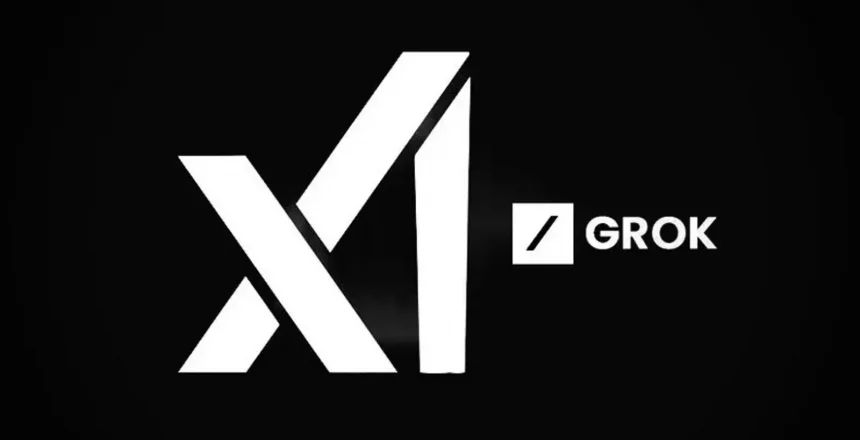
That said, industry insiders believe that xAI will eventually go public, likely under the X.AI Holdings Corp. umbrella.
Based on investor sentiment and market patterns, xAI's path to public markets will likely unfold in one of two ways:
Pre-IPO ramp through secondary platforms: A surge in private share liquidity, employee selling, and proxy filings could signal the drift toward an IPO.
IPO via X.AI Holdings: The combined holding offers a more liquid, data-rich platform that could command a premium valuation—Musk may choose to list the parent rather than xAI separately.
These shifts could materialise as soon as late 2026 or 2027, particularly if xAI achieves sustained growth in enterprise AI deployments, real revenue traction from Grok/X integrations, and completes several secondary transactions.
Future Outlook: What to Monitor
To assess xAI's path to going public, watch these signals:
S‑1 filing announcements from X.AI Holdings Corp.
Secondary pricing trends via Forge, Hiive, and EquityZen. Rising private-market valuations often precede IPO pricing.
Major AI milestones—such as enterprise contracts, Grok chatbot adoption, and supercomputer scale, will drive narrative and credibility.
Macro market conditions—a tech downturn or interest rate tightening could delay plans, even for a high-profile private company.
Conclusion
In conclusion, while xAI isn't yet publicly traded, it sits at the centre of the AI investment conversation. With an estimated $50–80 billion valuation, deep-pocketed backers, and mega-scale infrastructure, xAI is poised for a high-impact listing—just not yet.
For now, the question remains open—but the trajectory is clear: xAI is heading toward a public debut grounded in real AI capabilities and strategic integration, with timing likely in the next 18–24 months.
Disclaimer: This material is for general information purposes only and is not intended as (and should not be considered to be) financial, investment or other advice on which reliance should be placed. No opinion given in the material constitutes a recommendation by EBC or the author that any particular investment, security, transaction or investment strategy is suitable for any specific person.
